Description
IT professional is an umbrella term for a variety of positions that include programmer, website producer, and network administrator, to name but a few.
The IT battery is a test that can help determine John’s suitability for a career in the IT industry. From the analytical skills required to manipulate complex computer systems to the time management skills needed to keep projects running on time, this battery of tests is great tool for determining his potential for success in this field. The psychometric scales included in this test are: Meticulousness, Concentration, Prioritization, Attitude Towards Teamwork, Team vs. Individual – Preference, Adaptability, Pattern Recognition, Classification, Analogies, Logic, Creative Problem-Solving, Patience, Time Management, Reaction to Stress and Integrity.
From the results provided by the combination of these skills and traits, you will be better able to effectively judge John’s aptitude for a position in the IT industry. Below are descriptions of the scales and information about why they are important for careers in technology.
Work Habits
There are certain work habits that an employee should have when working in a technology-related job. Special skills are required for dealing with both the small details involved and the overall project management.
• Meticulousness – Meticulousness is defined as the ability to complete tasks carefully and pay close attention to detail. In positions in information technology, small errors can lead to big mistakes that can be very difficult to track down afterwards. Employees must be able to monitor themselves closely while working and be able to find miniscule errors.
• Concentration – Concentration is the ability to direct attention to a single object. Employees must be able to focus on a single task for long periods of time. They could possibly be subject to distractions because they may work in a large, shared space.
• Prioritization – Employees will likely have several projects on the go at once. They will need to be able to shift their priorities appropriately to deal with matters by order of importance. They must be able to do this easily when the situation calls for it, especially when unexpected tasks emerge.
•Time Management – The ability to manage our time properly comes when we develop processes to accomplish tasks efficiently. Jobs in this industry generally face many deadlines, often several at a time. Employees need to be able to properly estimate how much time to allocate to a project so that they stay on schedule.
• Creative Problem-solving – Creativity involves breaking down and restructuring our knowledge about a subject in order to gain new insights. Problems with technology often require creative solutions. When a problem is encountered, there may be no documented solution and one will need to be constructed immediately.
Work Attitudes
An employee’s attitude in the workplace will affect how they fit in with the existing team and how they will handle new situations as they arise.
• Attitude Towards Teamwork – Teamwork involves working collaboratively with a group of peers. Candidates will likely need to be involved as a member of a technical team, especially in larger organizations when tasks are divided into very specific specialties. They are also often required to deal with employees from other departments.
• Team vs. Individual Preference – This scale indicates whether a candidate prefers working with a team or individually.
• Adaptability – Being adaptable means having the ability to change with the circumstances. Technology changes rapidly so employees must be able and willing to learn quickly. They must be flexible enough to continue moving forward with projects as they evolve.
• Patience – Patience is defined as calmness, self-control, and willingness or ability to tolerate delay. Employees will have to interact with others who may not understand technology as quickly or easily and patience will be required. There will also be times where they have to wait for computers to process information.
• Reaction to Stress – People become stressed when they are upset by adverse situations. Jobs in this industry can be stressful as employees deal with multiple deadlines, people who aren’t technically inclined and slow computer processes. Employees need be able to handle this kind of environment effectively.
• Integrity – It is important to find candidates who display integrity when faced with difficult situations. It is likely that employees will be working with the company’s sensitive data. They will also have access to logs and files of other employees.
Analytical Skills
Using analytical skills, a person is able to dissect concepts and examine how they fit together. To work with computers, it is essential that employees have analytical reasoning skills to be able to understand complex abstract concepts so that they can apply the appropriate solution to a problem. This includes:
• Pattern Recognition – This involves making sense of seemingly abstract information.
• Classification – Candidates look for commonalities in items, a skill which is important in the conceptualization of complex problems.
• Analogies – Involves finding the analogous relationship between different items. This ability is important to help find relationships between dissimilar things.
• Logic – Oftentimes work in this industry will require the ability to make deductions.
Please note: This test will not be able to determine whether a candidate has specific IT skills: Java programmer, network security specialist, Mac technician, etc. It will only indicate if, overall, his / her personality and work habits are well suited for a position in an IT environment. Further questioning and testing may be required to measure specific skills.
Purpose: ITAPAP – R is designed to assess certain aspects of a person’s work habits, attitude and skills that pertain to success in a career in the IT industry.
Vitals
No. of questions: 133 plus additionall (If applicable)
Question type: Situational, self-report, IQ
Estimated completion time: 60 minutes
Shorter versions of assessment: N/A
Recommended age level: 18+
Qualification Level: Class A
Compliance: APA standards; EEOC standards (gender, age)
Validation Information:
● Sample Size: 1,045
● Cronbach’s Alpha: 0.92
Features
Benchmarks: (general population and Computer
Science industry)
Interview Questions: Available
Group Comparisons: Available
Report Includes:
● Summary
● Introduction
● Graphs
● Detailed narrative interpretation
● Strengths and Limitations
● Impression Management
● Advice
Factors and Scales:
Overall Score plus 3 factors, divided into 15 scales:
● 1) Work Habits: Ability to work efficiently and productively.
● 2) Work Attitudes: Assesses whether a person’s attitude towards work and duties.
● 3) Analytical Skills: Assesses analytical reasoning skills.

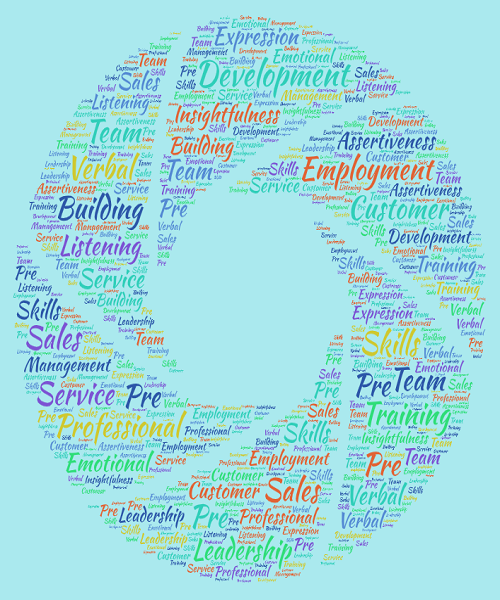
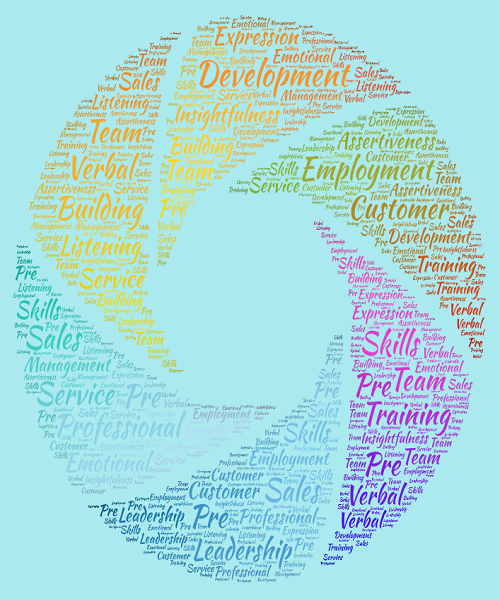
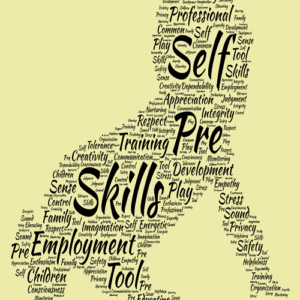
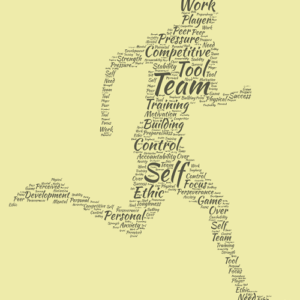
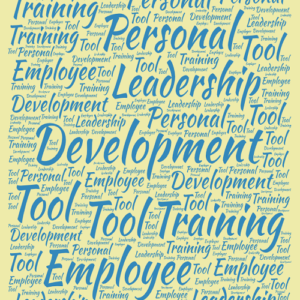
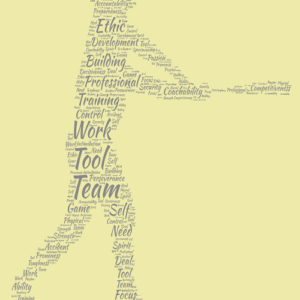
Reviews
There are no reviews yet.